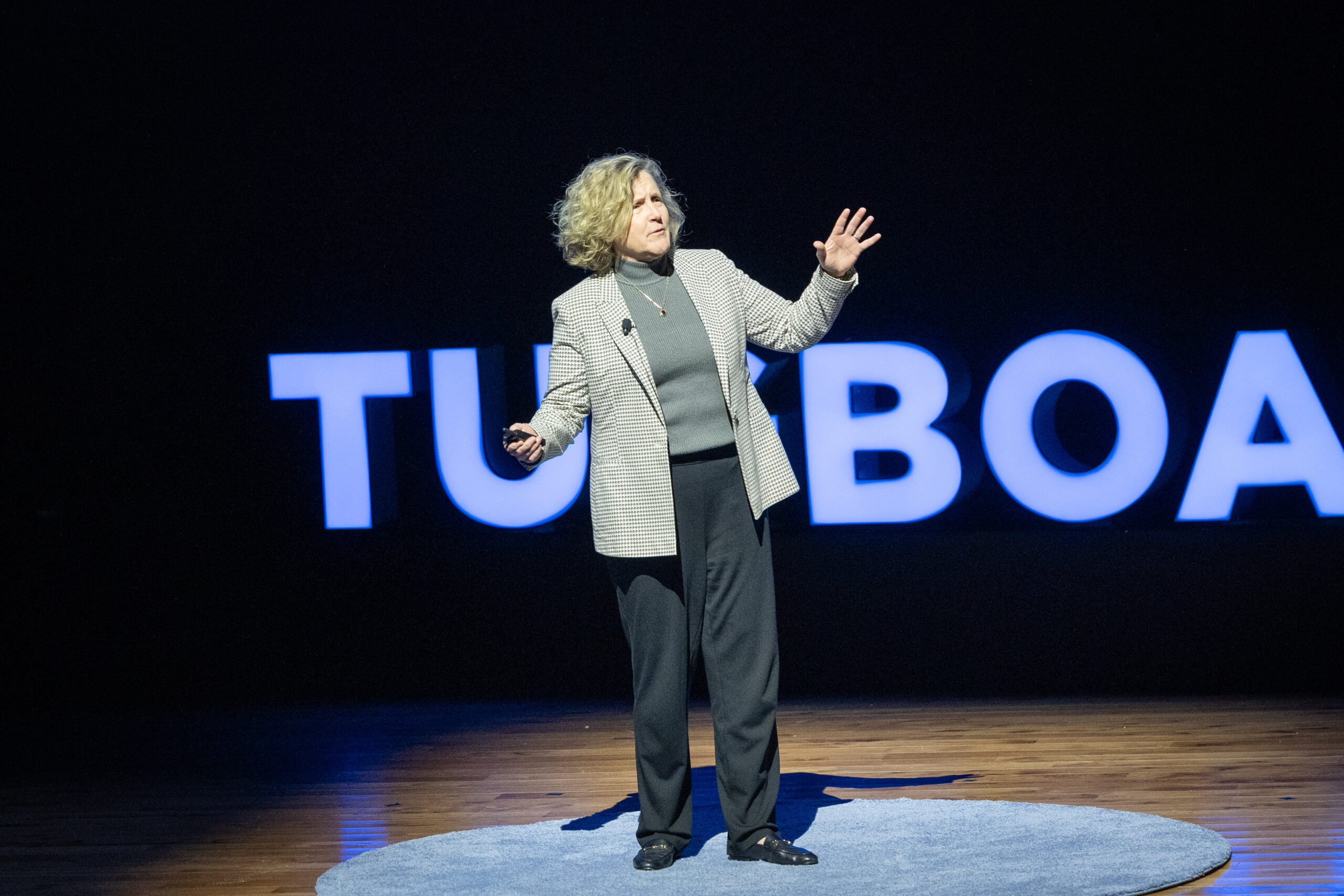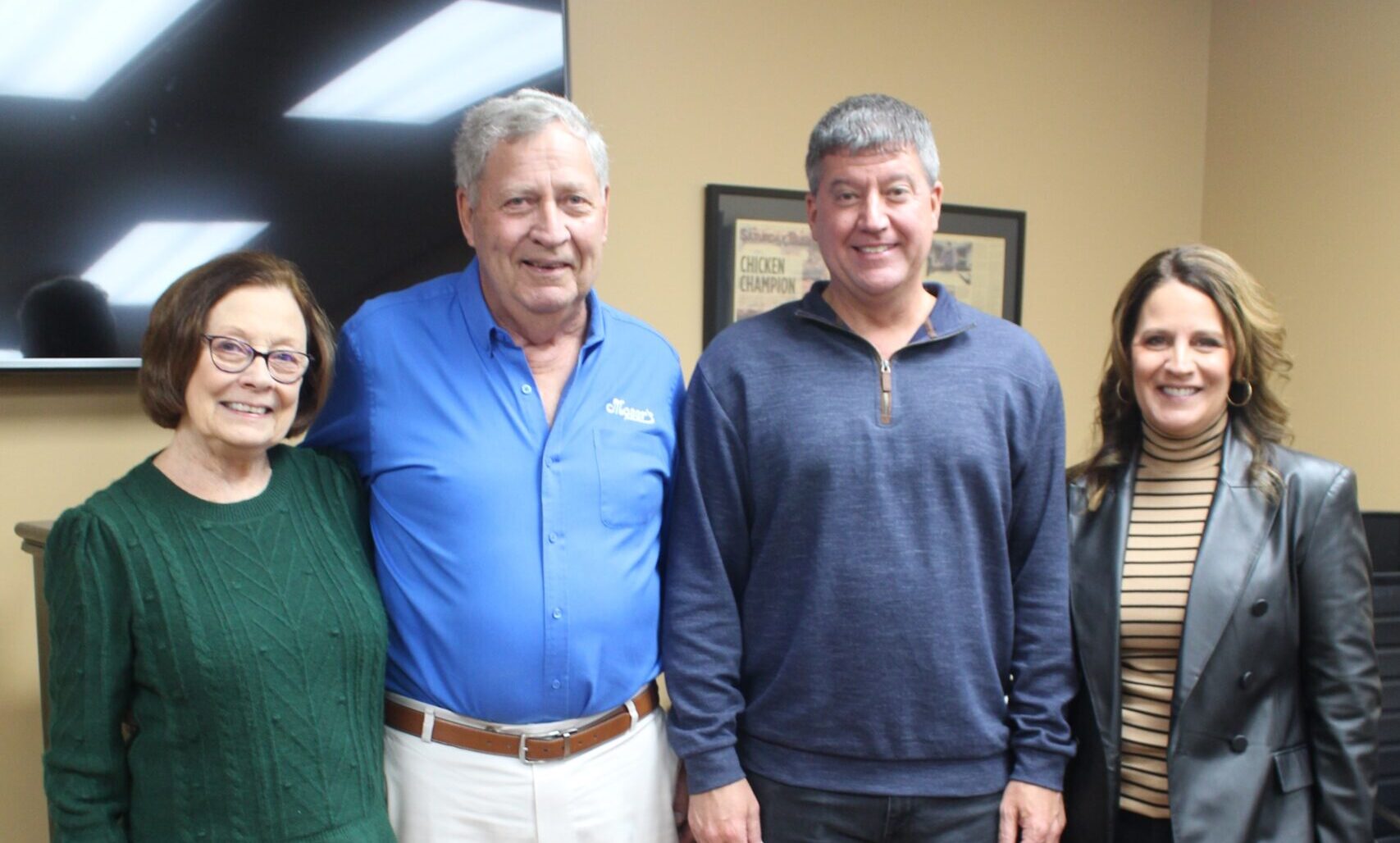

Evergreen in Hollywood
- Steven Jacob
- WPA
There’s an oft-repeated quote in Hollywood: “They come, they go, who called?”
The originator of that quote, Lew Wasserman, was the godfather of all talent agents. He ran the legendary MCA, bought Universal Pictures, was forced out of the agency business by the government for his monopolistic control of the talent and their work, was considered the link between Mafia money and Hollywood, and famously helped elect Ronald Reagan as President—among other famous (and infamous) points of notoriety.
He wasn’t exactly Evergreen. His 7Ps were: 1.) Plunder, 2.) … Well, now that I think of it, all seven were plunder.
Building a 100-year company has never been the priority in Hollywood. In an industry where everything revolves around what sells right now, short term thinking rules. Ethics and morality are considered conveniences at best in the pursuit of transient power. Making a living off pop culture in a landscape wherein this year’s investment is worthless by next year tends to bring out the worst in people and the businesses they build. The culture breeds cynicism.
I began my career as an actor and musician. I did well in my twenties, making a living in theater, TV commercials, and recording sessions. Invariably, I was cast as a 16-to-19-year-old. Then I woke up one morning and didn’t look 16-to-19 anymore. Too old to play a teen, too young to play a Dad, they stopped casting me. It all fell apart.
Almost 30, married with two young children, I moved over to production to make ends meet. I worked on TV commercials, driving equipment trucks and working my way up. Six years later, as an Executive Producer, I cast off the 16-hour days to become an agent. As an actor, I had seen my agents as a necessary evil.It was the thing I swore I would never be.But, the family had to eat, and there was an opportunity, so… never say never.
Twenty-three years, one big agency experience, one start-up and two mergers later, I am Co-Founder and CEO of Worldwide Production Agency (WPA). We’re a mid-sized agency in a large-sized agency marketplace, with offices in Los Angeles and London.
When we started WPA in 2010, we were a small, boutique agency that operated in guerilla mode, recruiting clients away from the big agencies almost at will. Able to move quickly and do things they couldn’t was our advantage and USP. But then things changed. The big agencies, in response to increased competition with one another, began eating boutiques like us, stripping out as much talent as possible as quickly as possible. Essentially using boutiques as talent farm teams, they culled the most lucrative employees and talent from the smaller firms, seeking out the self-propelling money-making machines and ignoring the foundational work of agencies to nurture and grow talent.
With the pressures of those large agency tactics propelling us, over the past five years we’ve scaled at a rapid pace, growing our client list from 70 to over 400, leaving the boutique mantle behind, and entering the mid-size market, with offices in Los Angeles and London. The strategy is to grow talent as we always have, yet to be able to sustain sudden and unexpected client losses.
So, what then becomes our USP?In truth, I didn’t know what USP—nor ROI, ROE, or ROA for that matter—until several years ago. I am a self-trained executive, and my only guiding principles were constant learning and trying to do the right thing. In many ways, I’m glad I didn’t know what I didn’t know.Ignorance of traditional business practices may have led me to take bolder risks—but also to be less prepared to operate at scale.
Then I came across Evergreen.
When I read the interview with Tugboat Institute founder Dave Whorton in Conscious Company Magazine, I knew I had found the thing missing in Hollywood and what I was looking for to establish guiding principles for WPA. I saw that an Evergreen orientation could replace the USP that had been lost through rapid growth.
The process of introducing and reinforcing the concepts of Evergreen in our company has been a journey, and the progress has been slow but steady. It’s an orientation that goes against the grain of the common agency model, wherein each agent is treated as an entrepreneur running an individual business under the banner of the agency. It’s a model that breeds competition, secrecy, and fiefdoms inside the walls. It encourages hoarding of information and dis-incentivizes teamwork. Perhaps good for the bottom line, it’s terrible for employee morale, turnover rate, and, most important, for servicing clients.
When the agency is smaller, these issues are not much of a problem.When you have five employees, you generally know what everyone is doing, and the information is easy to share. The common goal is to survive. When you scale to over 25 employees and have grown at the rate we have, when survival is no longer at stake, you then need a common philosophy to make sure you’re all headed in the same direction.
Now, the Evergreen 7Ps are that shared direction. Because the concept goes so against the grain of the Hollywood way, it needs constant reinforcement to get into the fabric of the company culture. It sounds good enough, but applied to an aggressive, take-no-prisoners industry, it can appear “soft” regardless of its inherent power. Like I said, the progress has been slow but steady.
I’m selling those around me on building a new Hollywood: Less carnivorous and more humanistic than in the past; less known for the Harvey Weinsteins and Lew Wassermans than for exceptional working environments that support high creativity and a pop culture that helps lead society in a better direction.
It is not easy.It means going our own way in a town where there is safety in numbers. There is irony in the fact that a herd mentality can exist in a market that is in essence a race to the newest, shiniest thing. Conversely, safety also is in going with the flow and never upsetting the balance of power too much or too quickly. Being the outlier can be dangerous.
There will always be tremendous profit to be made in Hollywood.It’s the land that casts dreams and gives people hope through stories, and that pays. Of course, there will always be the occasional nightmare, and that pays too, but there are some of us now who are pursuing something better: Sane companies, based on the 7Ps or similar forward thinking and evolving philosophies. It can be done. Perhaps a new mantra is at hand: “They come, they succeed, let’s keep doing it for 100 years.”
Steven Jacob is Co-Founder and CEO of Worldwide Production Agency.
More Articles and Videos

Both/And Thinking: Harnessing the Positive Potential of Tensions
- Marianne Lewis
- Carl L. Linder College of Business, University of Cincinnati

Leading Through Uncertainty – Tugboat Institute® Summit 2025
- Jackie Hawkins
- Tugboat Institute

Get Evergreen insight and wisdom delivered to your inbox every week
By signing up, you understand and agree that we will store, process and manage your personal information according to our Privacy Policy




